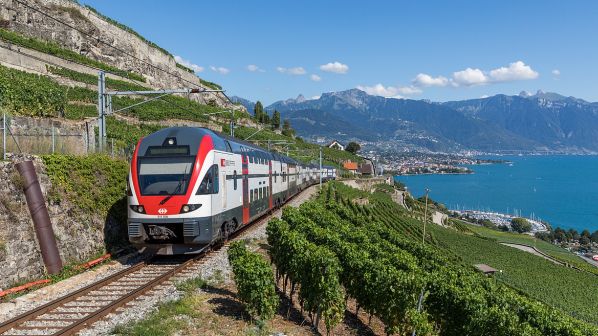One of the contributing factors to this increase was the RailFit20/30 programme launched in 2016 to reduce costs, according to CEO Mr Andreas Meyer.
Passenger traffic showed a slight increase of 0.8%, at 1.25 million passengers a day, accounting for profit of SFr 241 million (up 29.9%) on revenues of SFr 3.4bn, up 2.2%. SBB sold 107 million tickets in 2018, breaking the 100 million barrier for the first time.
This was due to a 37% increase in the use of digital sales platforms and the SBB Mobile app. The company also has more regular customers than before with more than 3 million: 490,000 (+2.1%) with rail passes and 2.6 million with half-price passes (up 2.6%). SBB plans to continue improving service quality and value for money.
In the freight sector, SBB Cargo returned to the black with a profit of SFr 13m after a loss of SFr 239m in 2017, having initiated a reorganisation programme. However, the situation remains critical as the company will receive its last government subsidy, amounting to SFr 8m, this year. SBB Cargo has been an independent company since the beginning of 2019, and is negotiating with third parties interested in a partnership. It is also negotiating with clients to find alternative solutions to loss-making single-wagon traffic.
Meanwhile, SBB Infrastructure carried out a record volume of maintenance and reconstruction work under contract in 2018, investing a total of SFr 3.6bn. Meyer says this represents a big challenge for both workers and operators to keep lines open and to maintain punctuality.

